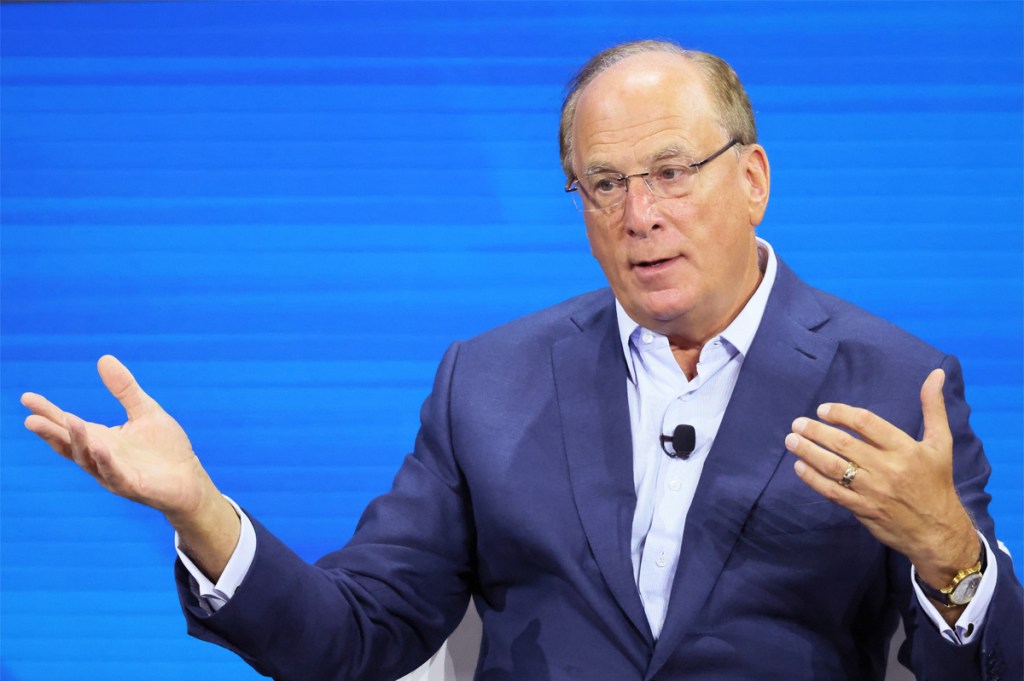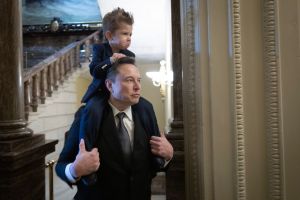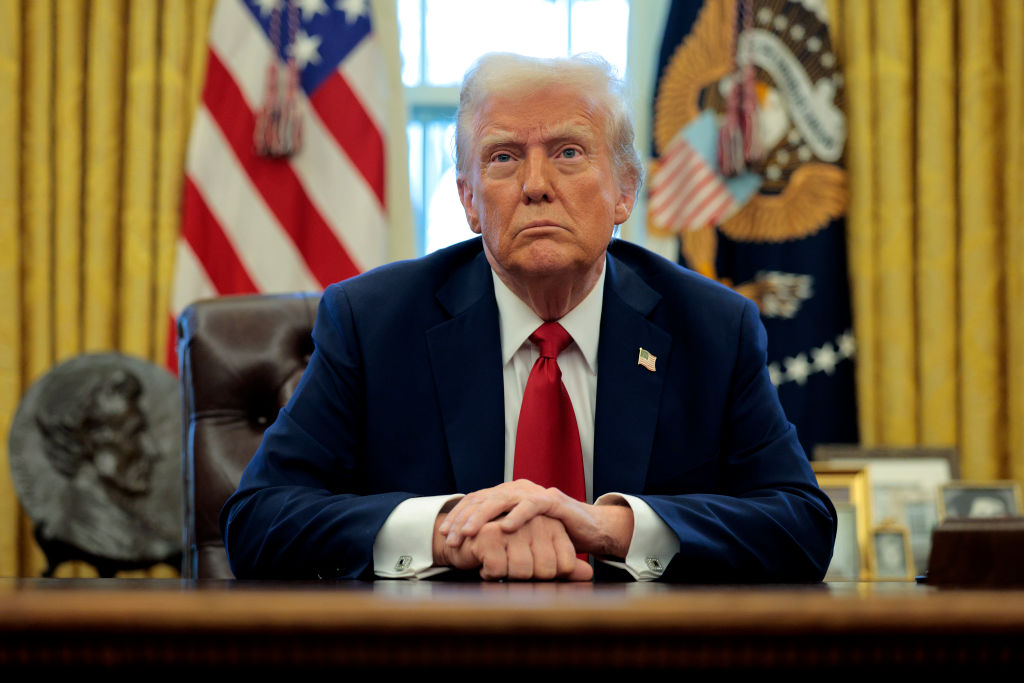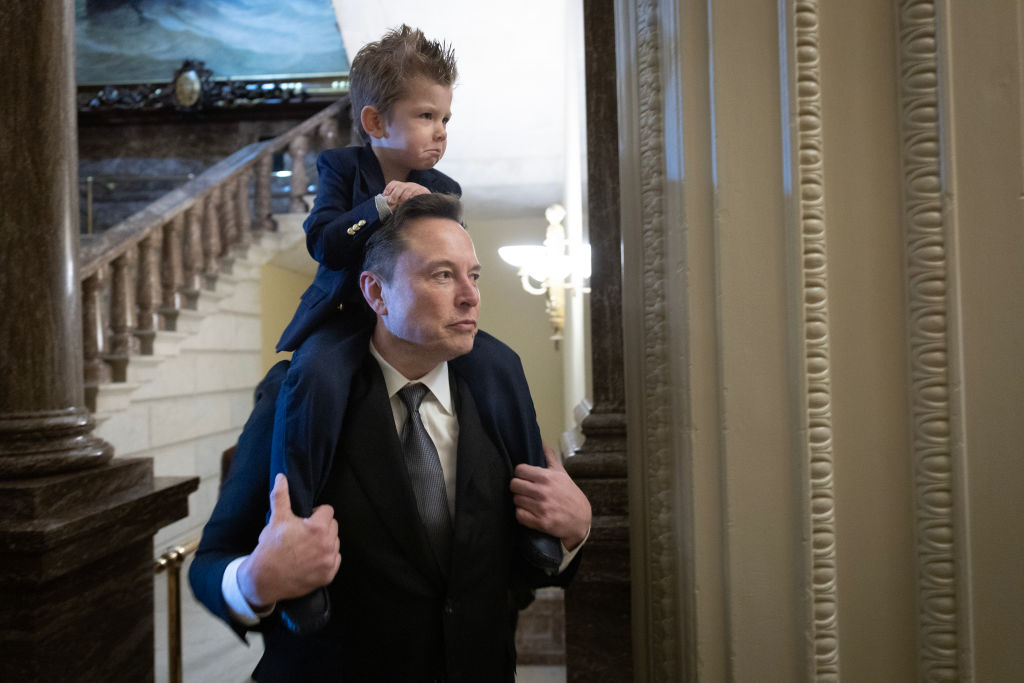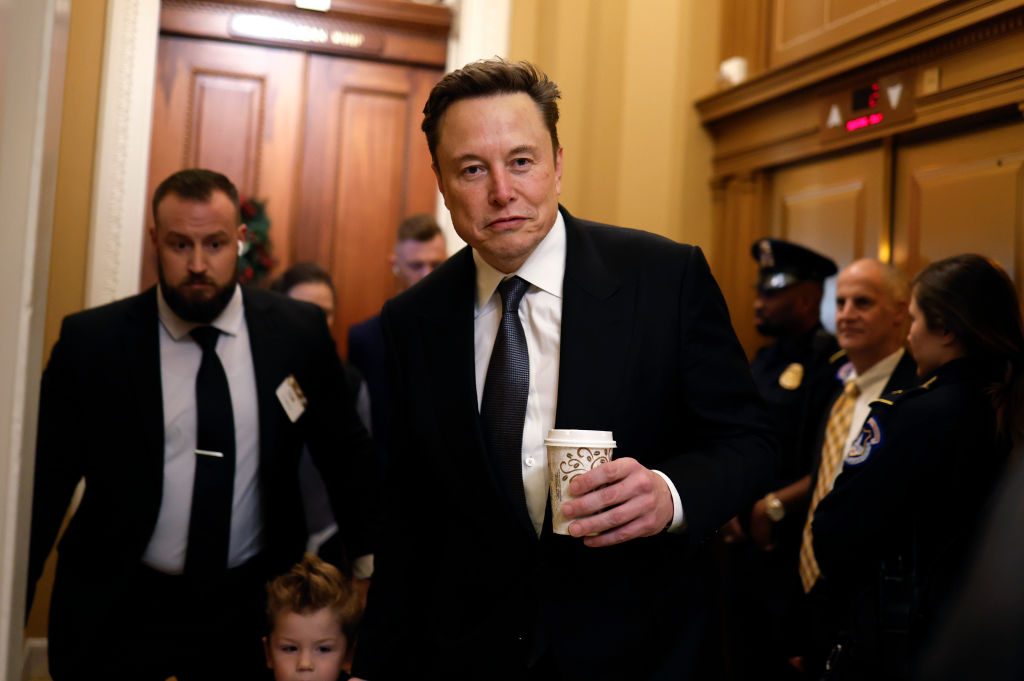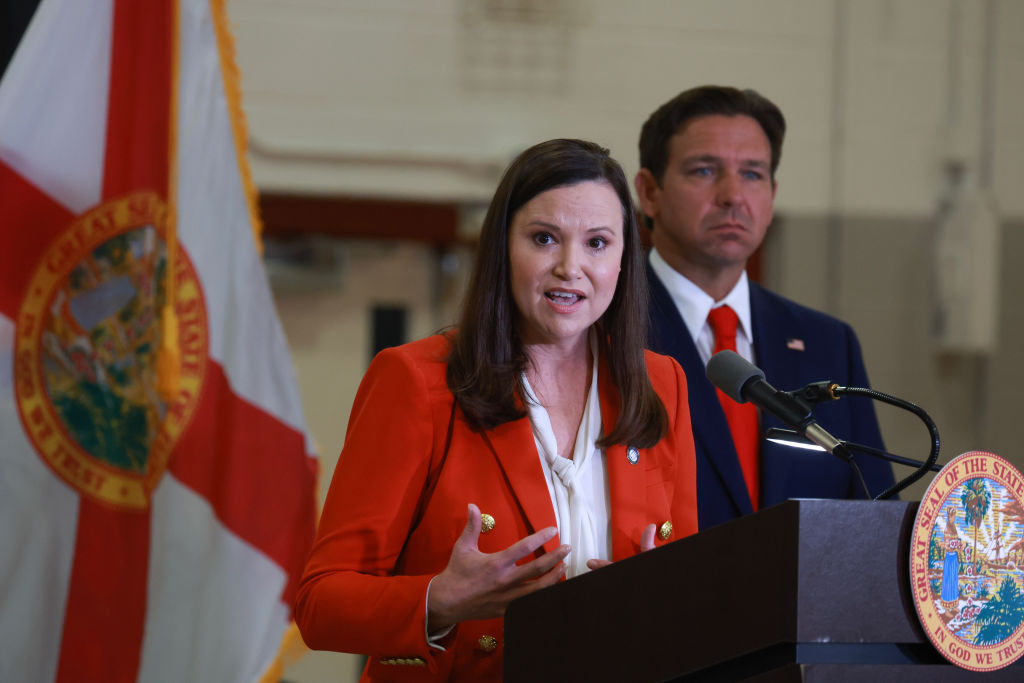In some ways, Larry Fink is an unsurprising villain. Wall Street titans aren’t in the business of being loved, and as the Chairman of BlackRock, the world’s largest asset manager assets, Fink isn’t a Master of the Universe. He’s the guy they work for. Paradoxically, though, it isn’t good, old-fashioned greed that has made Fink a figure of popular contempt, but his quest for political approval. With a foray into win-win talk of responsible capitalism and ethical investing, Fink has turned himself, and his firm, into a punchbag for both the left and the right.
In recent years, Fink has become the face of ESG — the multifarious push to put environmental, social and governance concerns at the heart of investment decisions. At first, Fink leant into the role. His annual letters, published every January, were big-picture disquisitions on the state of the world thick with talk of the social responsibility of business and the steps BlackRock was taking to help fight climate change and save the world.
More recently, however, ESG has come under increasing scrutiny and into the crosshairs of those on the left who see it as dishonest greenwashing and those on the right who question why people’s savings are being deployed to advance a political agenda they do not support. Republicans in particular have identified ESG as the financial wing of woke capitalism — and if they name any one individual as an example of the problem, more often than not it is Fink.
I reported on the anti-ESG backlash for our January issue. Since then, the once-obscure bit of investment jargon has only grown in political salience, the pressures on ESG have increased further and the evidence of widespread mislabeling and fraud in the industry continues to pile up. The 2024 presidential race even has its own anti-ESG candidate.
All signs point to a fundamental rethink of what many investment firms naively assumed would be a win-win way to make money by making their clients feel good about themselves. In a recent interview with the Financial Times, Tim Buckley, CEO of Vanguard explained his decision to pull the world’s second-largest asset manager out of the Net Zero Asset Managers initiative.
Exploding the central promise of ESG, he said: “We cannot state that [ESG] investing is better performance wise than broad index-based investing. Our research indicates that ESG investing does not have any advantage over broad-based investing.”
Last month, the FT reported that, according to unpublished BlackRock research, “the number of European ETFs with a triple-A ESG rating from [index provider] MSCI is set to tumble from 1,120 to just 54.” In other words, a huge number of the financial products being sold as impeccably virtuous ways for investors to make money aren’t exactly squeaky clean.
At Davos (where else?) in January, Fink complained of his prominence in the ESG debate. “We are trying to address the misconceptions,” he said. “It’s hard because it’s not business any more, they’re doing it in a personal way. And for the first time in my professional career, attacks are now personal. They’re trying to demonize the issues.”
But Fink clearly recognizes he and his fellow ESG evangelists have a problem. January came and went without the usual Fink letter. When it finally appeared in March, the note was light on ESG proselytizing (the acronym doesn’t appear once). Talk of building a better world was out, underscoring BlackRock’s unwavering commitment to its clients’ financial best interests was in. Gone was any mention of the need for BlackRock and the businesses they invested to lead us into a greener future. “Government policy, technological innovation, and consumer preferences will ultimately determine the pace and scale of decarbonization,” wrote Fink. “Our job is to think through and model different scenarios to understand implications for our clients’ portfolios.” Fink had retreated.
Just a few days later, Joe Biden issued his first presidential veto to protect his administration’s ESG rules against a Republican-led attempt to undo them — yet another sign of the issue’s growing prominence. Where Fink opted for emollient language designed to placate his critics, Biden upped the ante. The president sought to draw clear, partisan lines on the issue.
Explaining his veto, the president said in a tweet that the bill “would risk your retirement savings by making it illegal to consider risk factors MAGA House Republicans don’t like,” adding that “your plan manager should be able to protect your hard-earned savings — whether Representative Marjorie Taylor Greene likes it or not. Never mind Marjorie Taylor Greene and MAGA House Republicans; the bill had the backing of two Democratic senators, Jon Tester and Joe Manchin. He may have misrepresented the breadth of the coalition that supported the legislation he was blocking, but the president at least demonstrated just how unavoidably political ESG is. And while Biden has stalled the pushback against ESG at a federal level, it continues to gather steam at the state level. Florida lawmakers are poised to pass legislation that would prevent ESG considerations in all state and local government investment decisions. Other states are likely to follow suit.
The ESG movement may have the president on their side, but the financial headwinds they are battling against could prove more powerful. Playing politics with other people’s money might be something you can get away with when that money is cheap and returns are robust. But the world of higher interest rates is another matter. The world has been growing steadily more hostile to the logic of ESG over the last year or so. Not just higher interest rates, but the war in Ukraine, fresh concerns about energy security, persistent inflation and fear of recession. More recent financial turbulence has been a further blow to ESG’s credibility.
It would be overstating things to say that the recent collapse of Silicon Valley Bank was caused by ESG, but it is notable that the two most dramatic financial flops of 2023 so far — SVB and SBF (that’s crypto scammer Sam Bankman-Fried) — were all in on the kind of sustainable pledges that ESG managers. SVB and its customers were just the kind of modern, ethical capitalists they claim are the future. Sam Bankman-Fried, meanwhile, has more or less admitted to allying with voguish political causes to escape scrutiny of his house-of-cards crypto scam.
Fink’s annual letter was published the week after SVB went bust and its deposited were rescued by the government. “Are the dominoes starting to fall,” asked Larry Fink in response to the collapse of SVB before warning of the possibility of “more seizures and shutdowns coming.
“We don’t know yet whether the consequences of easy money and regulatory changes will cascade throughout the US regional banking sector with more seizures and shutdowns coming,” he wrote. One more definite consequence of easy money was the rise of ESG. That era is now over, upsetting predictions of ESG’s inexorable rise. The ESG winter is here. Fink will be hoping it is short and mild. But a growing coalition of lawmakers and campaigners have other plans.



